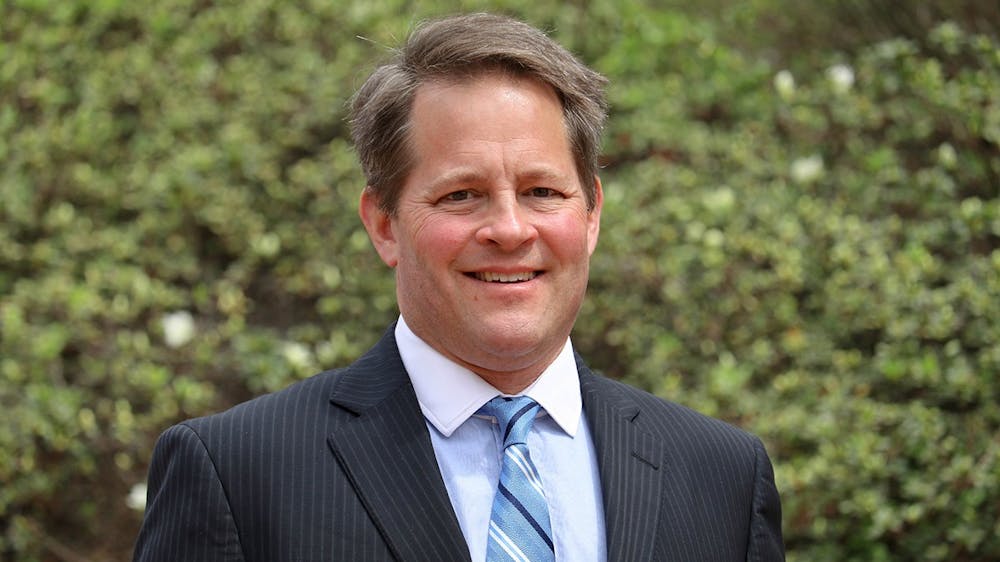Earlier this month, the University appointed Mike Piehler, an ecologist and director of the UNC Institute for the Environment, as its new Chief Sustainability Officer. Piehler fills a role that has been empty for over a year, since the concealed firing of Brad Ives last August.
His appointment comes with the transition to a new “Sustainable Carolina” environmental initiative, led by the University’s new Sustainability Council. The council includes experts from a variety of fields, as well as UNC students.
University senior writer Kyle Ingram spoke with Piehler to discuss his vision for sustainability at Carolina. This interview has been edited for clarity.
The Daily Tar Heel: Along with your appointment, the University announced a transition to the new “Sustainable Carolina” initiative. Could you help explain where this falls administratively and what all it encompasses?
Mike Piehler: So, administratively it is one of those things that is very low critical mass … We aren't exactly sure where the people who work for this will reside, but I can tell you that a big component of it is the input of the council, so we have a broad framework where we have this advisory group who reports to the Chancellor and his cabinet. We have the idea of the four committees … A committee who is solely connecting the sustainability efforts to the rest of the University, a communications group to be certain that we tell all of the stories, all of the efforts that have been undertaken … We also have a committee who will be focused on measuring success — so our metrics will align largely with Three Zeros — Three Zeros is not going anywhere.
It will be our aspirational goals, but Sustainable Carolina is a broader umbrella so that we can perceive all of the things going on at the University, not just the water, the waste and the greenhouse gas … and innovations (committee) — making certain that we are looking for great, exciting new ideas.
DTH: The Three Zeros initiative was housed under UNC Energy Services. Where does it fall now with Sustainable Carolina?
MP: Three Zeros as a principled set of goals remains at the core of whatever Sustainable Carolina ends up being. I can tell you broadly, and I can tell you in principle, where we are going to go, but the specifics of exactly where that will sit organizationally, we haven't worked out yet.
DTH: Last year, student activists were calling for a detailed timeline for meeting the Three Zeros goals of zero waste, zero water and zero greenhouse gas emissions — is that a possibility now?



